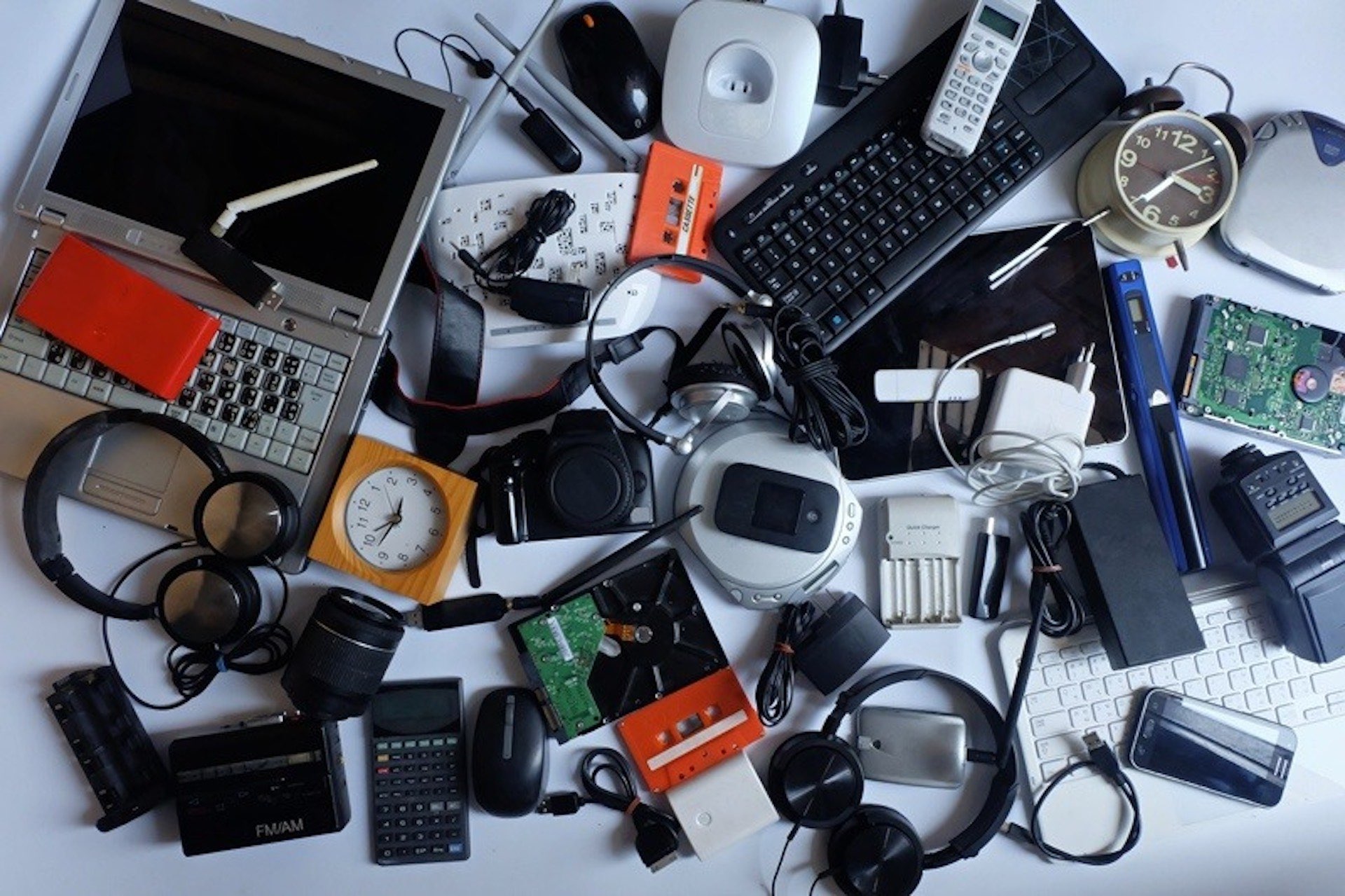WEEE amendments make online platforms liable for overseas suppliers
Guidance issued on recently passed regulations requires digital retailers to finance the recycling costs of electronic products sold from non-UK suppliers
 Online marketplaces must report the sale of all household electricals from non-UK suppliers under WEEE rules that came into force yesterday, 12 August 2025.
Online marketplaces must report the sale of all household electricals from non-UK suppliers under WEEE rules that came into force yesterday, 12 August 2025.
The Waste Electrical and Electronic Equipment (Amendment, etc.) Regulations 2025 introduce changes to how electrical waste obligations are allocated across digital commerce platforms.
The new framework makes online marketplaces responsible for financing their share of recycling costs, with partial costs applying in 2026 and full costs from 2027.
Previously, UK-based businesses were effectively covering the cost of collecting and processing e-waste from products made by overseas companies and sold through digital platforms. While overseas sellers were technically responsible under existing regulations, many avoided registration with Producer Compliance Schemes by operating without UK establishment, making enforcement difficult and leaving compliance costs to be shouldered by businesses with a domestic footprint.
Under the amended regulations, online marketplace operators become "OMP producers" when non-UK manufacturers use the online platforms to sell electrical and electronic equipment (EEE) to UK households. This shifts legal responsibility from individual overseas manufacturers to the platforms making the sales, aiming to create a fairer system where all suppliers collectively meet end-of-life management costs.
Rather than requiring tens of thousands of non-UK companies to register for WEEE, they have instead placed that obligation on a smaller number of online marketplaces, making compliance monitoring more manageable.
This update has been welcomed by the compliance operators. George Atkinson, Director of Policy at Valpak, stated that the changes will ‘create greater parity in waste electrical laws, ensuring all suppliers are treated equally, regardless of route to market.’
New vape category implementation
Alongside marketplace obligations, the regulations establish a dedicated collection stream specifically for vapes, e-cigarettes, and heated tobacco products. The streams have increased from six to seven, with new additions including photovoltaic panels.
The new category addresses the disposal challenges presented by these products, which contain lithium-ion batteries. Material Focus research indicates approximately five million single-use vapes are discarded weekly in the UK, representing significant resource loss and fire risk potential.
Distributor obligations and exemptions
The regulations clarify distributor takeback arrangements. Under the existing regulations, retailers must offer customers free disposal of old electrical items when purchasing similar new products, either through in-store collection or by joining the Distributor Takeback Scheme (DTS).
The DTS is a compliance mechanism which allows retailers to pay fees instead of physically accepting returned items, with funding supporting the UK's WEEE collection network, primarily local council household waste recycling facilities.
The amendments ensure that online retailers are now able to join the DTS, while vape retailers are excluded and must provide in-store takeback services directly.
OMP producers also receive specific exemptions from certain producer obligations to balance their new responsibilities. Non-UK suppliers retain responsibility for marking EEE with brand names and crossed-out wheeled bin symbols. They must also provide information on new equipment types and meet product design requirements to facilitate reuse and treatment.
Implementation and enforcement
Online marketplace operators now face registration deadlines and reporting requirements. Companies must join Producer Compliance Schemes by 15 November 2025, with initial reporting obligations based on part-year 2025 data. Transitional provisions provide specific timelines for new OMP producers to register, with special arrangements for the 2026 compliance period accounting for the new vape category.
Enforcement mechanisms mirror existing WEEE provisions with The Environment Agency, Scottish Environment Protection Agency, Natural Resources Wales, and Northern Ireland Environment Agency retaining their existing responsibilities.
Penalties for non-compliance follow the established framework under the principal WEEE Regulations 2013 where companies face unlimited fines for WEEE non-compliance from either a Magistrates' Court or a Crown Court.





